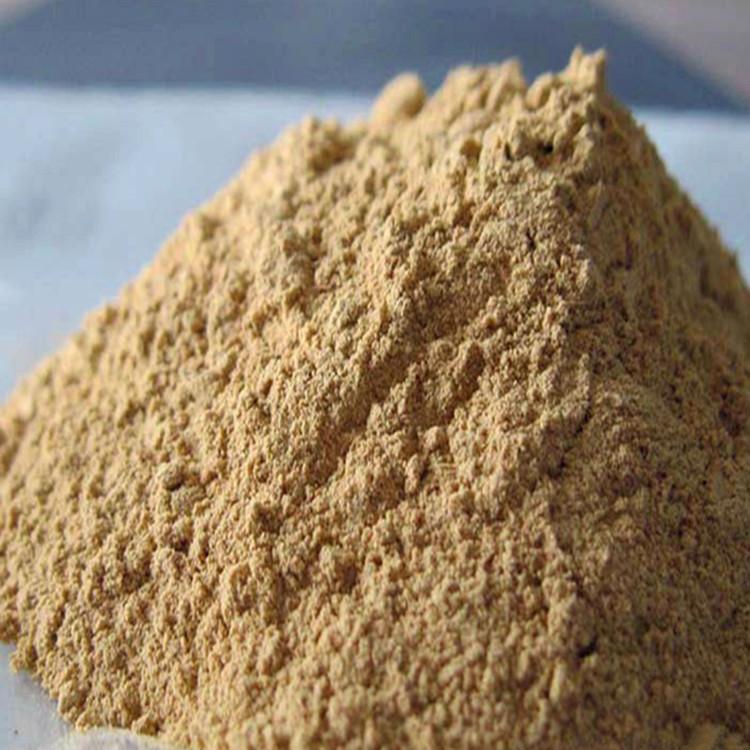Kaolin has high refractoriness and is often used to produce refractory materials. Its products have the ability to resist high temperatures and withstand loads at high temperatures without deformation.
WithGaoling Kaolin as the main component, as well as bentonite and bauxite, are collectively called refractory clay according to their high temperature resistance. In my country, clay with a refractoriness greater than 1580°C and bauxite with a refractoriness greater than 1770°C are commonly known as refractory clay. The former is divided into hard clay, soft clay and semi-soft clay, while the latter is called high alumina clay. Some colored kaolin cannot be used in ceramics and papermaking, but it is a good raw material for refractory materials.

Therefore, refractory materials are an important market for the comprehensive application of kaolin. There are two main types of kaolin products used as refractory materials: refractory bricks and silicon-aluminum wool. The former has a refractory degree of not less than 1730°C, a 2×105pa load softening starting temperature of not less than 1350°C, and a refire line shrinkage of less than 0.5% (1400°C, 2h). It can be made into various sizes and shapes of refractories as needed. brick. The latter is a lightweight refractory insulation material. Its manufacturing method is to use kaolin, roast it at 1000~1100℃, then use an electric arc furnace at 2000℃ to melt the ore, and blow it into cotton under high-speed air flow.
The quality requirements for refractory materials on kaolin are not very strict, but the change in the ratio of al2o3 and sio2 content in kaolin directly affects the change in refractory degree.
In high-quality kaolinal2o3/sio2 is generally between 0.7~0.8 or slightly higher. The al2o3/sio2 ratio in pure kaolin is 0.85. When the ratio is greater than 0.85, the presence of aluminum-rich minerals will increase the refractoriness. When it is less than 0.7, the kaolin content is low and the presence of quartz will reduce the refractoriness. In addition, high contents of fe2o3, tio2 and k2o in kaolin will reduce the refractoriness and have certain harmfulness.

 微信扫一扫打赏
微信扫一扫打赏

